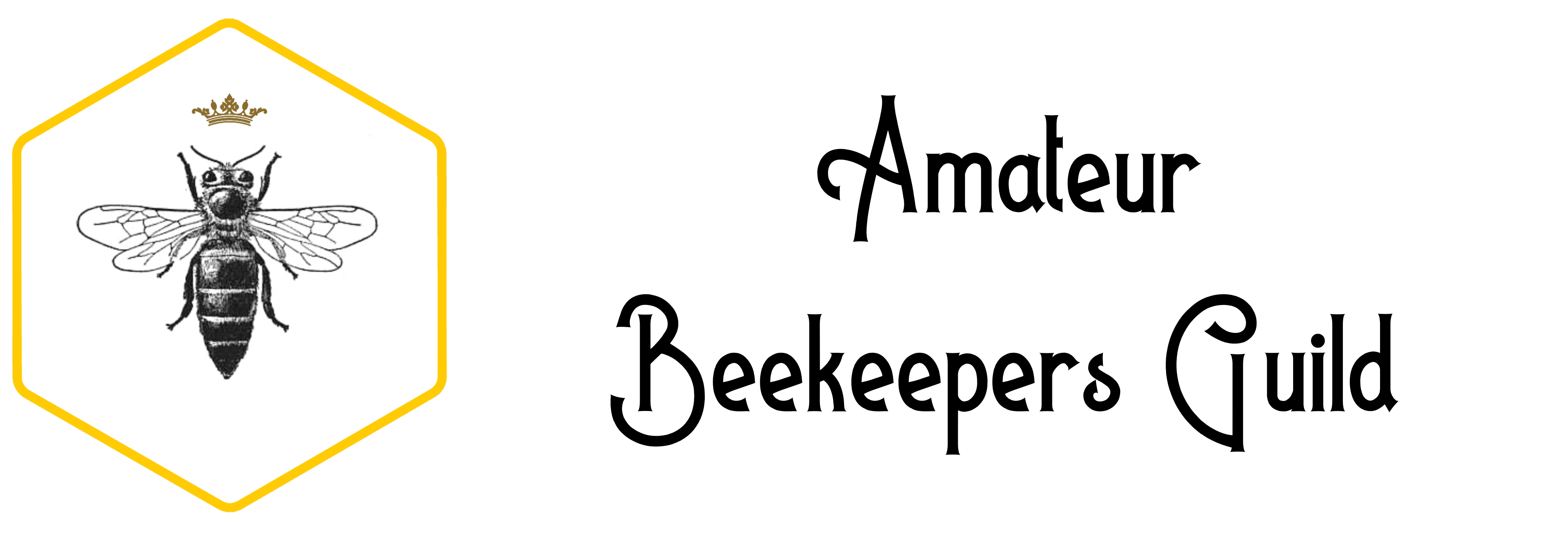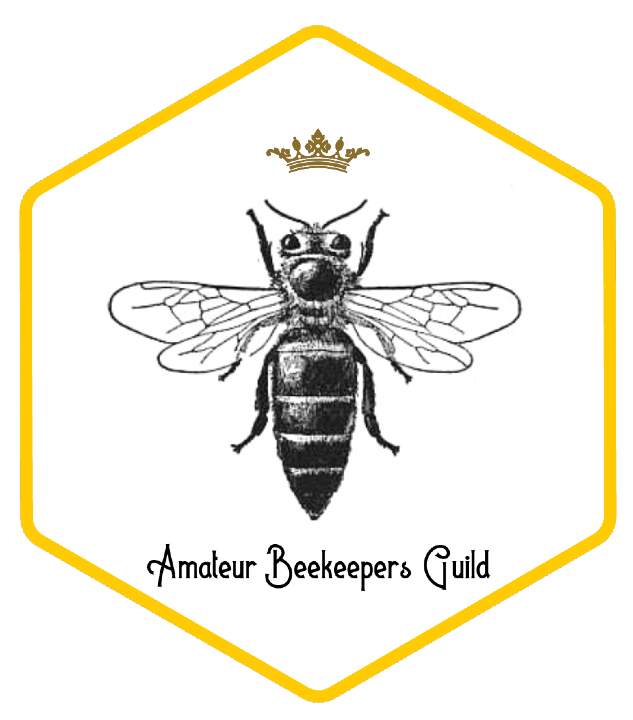Not Everyone Can Be a Beekeeper
but there are many more ways all of us can help save bees
STOP USING INSECTICIDES AND HERBICIDES
Instead of using a herbicide, consider the alternatives. There are certainly many options to take like removing weeds by hand, pouring boiling water on a weed. Spraying a weed’s flower is like baiting a trap for pollinators especially bees who are attracted to the bright yellow colour of dandelions. Bees will visit a flower many times and spraying poison is not ideal for our bees and our environment. Some people may argue that it has minimal effects on bees but with the drastic problems bees face worldwide, wouldn’t better practice in weed spraying make a difference? Think about the choices you make when spraying in your backyard, around your home or anywhere. If you care about bees and our flora, fauna and our world as a whole, protect the pollinators that do all the ground work.
PLANT BEE FRIENDLY GARDENS
FIND OUT MORE ABOUT BEES
Bees are quite incredible and amazing creatures. They are, in fact, the most studied living creature on earth only second to mankind. Learning more about bees will give you an appreciation for their world and the environment we all share and live in.
SUPPORT LOCAL BEEKEEPERS
Buying local honey and other bee products will not only help your local beekeeper continue with their work but it also helps the bees in our local communities and environment.
Use our honey locator to find local Beekeeper honey near you.
HELP RESCUE OR RELOCATE A SWARM
If you witness a swarm of bees in your yard for example, please don’t harm the bees. Call your local beekeeping association to get in touch with an experienced swarm collector .
LET YOUR GARDEN GET A LITTLE MESSY
Ok, so most people love a neat lawn and weed-free garden beds, however, traditional lawns are pollinator deserts and most weeds (eg dandelions and clover) are a great source of forage for the bees.
Let your veggie and herb plants flower and let the dandelions bloom – the bees get to forage and you get some time off gardening duties – win-win!
“A less wild world is less able to provide for our needs…. Biodiversity equals stability and stability is what we need most of all…. Can we re-wild the world?”
– David Attenborough.

